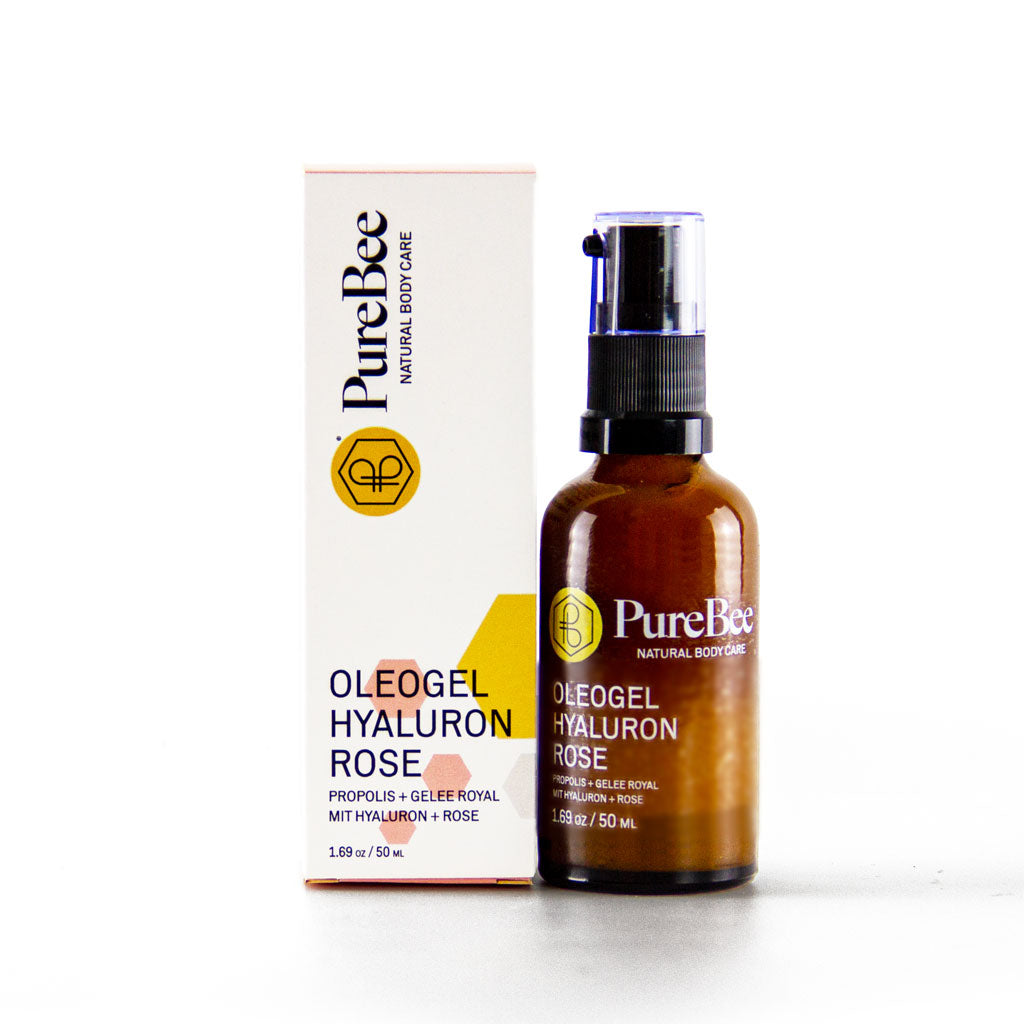Our products are all 100% handmade and contain some of the most valuable ingredients that nature has to offer. We produce exclusively in Germany with the best natural beeswax, fresh honey and fragrant propolis. We do not test on animals and never will. All products are naturally made without artificial preservatives, mineral oils, parabens or phthalates.
We produce in Graben-Neudorf, a small community in the south-west of Germany and the honey is sourced regionally from our own small apiary. The highest quality is the most important thing for us when we make the selection for our raw materials. We don't use cheap and non-nutritive oils like soybean or sunflower oil, instead using the more effective avocado, jojoba and apricot kernel oils. Each raw material is closely inspected and we make sure the quality is perfect, just like you expect from our products.

